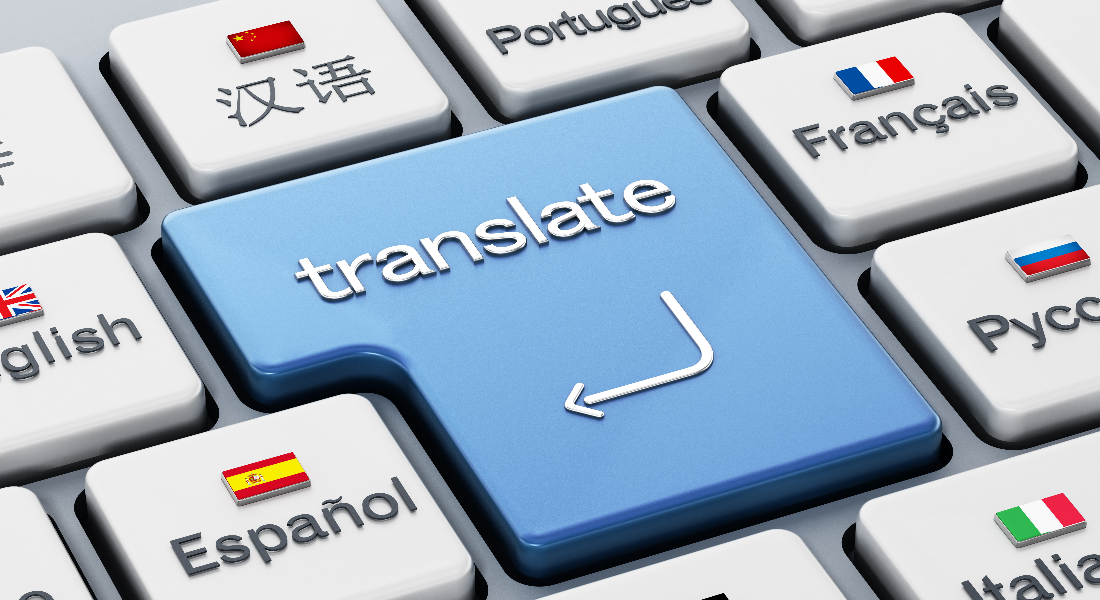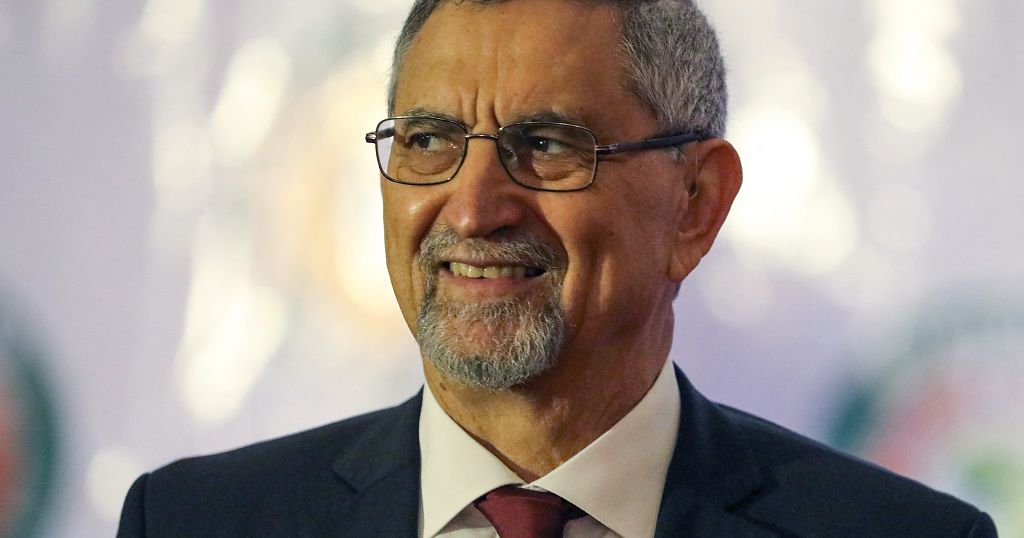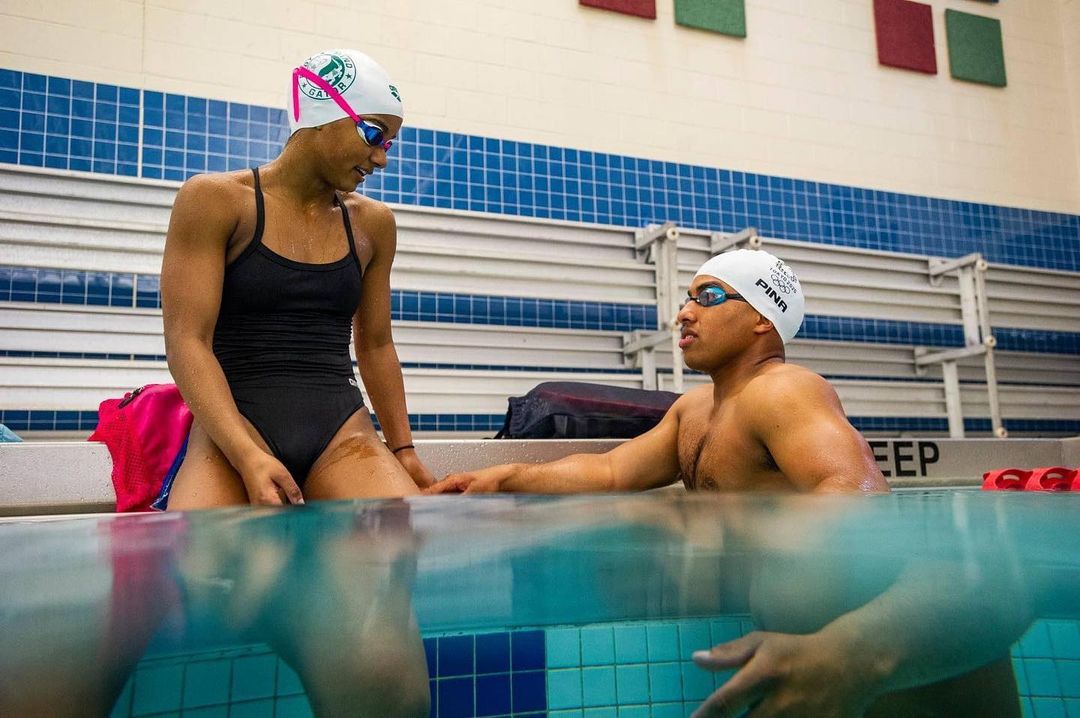Examining the official and unofficial translation rules for trademarks in Cape Verde
 ]
]
Trademarks are the main form of IP right in Cape Verde. To date, 4,355 trademark applications have been advertised in the IP Bulletin.
Applicants with the highest number of trademark applications in the country originate from:
Cape Verde (676 applications);
Portugal (402);
The United States (384);
Switzerland (233);
Japan (170);
Spain (165);
Germany (128);
France (121);
The United Kingdom (115); and
China (108).
Although Cape Verde nationals have the highest filing numbers, the top trademark owners are Phillip Morris (Switzerland), Toyota Jidosha Kabushiki Kaisha (Japan) and Hyundai Motor Company (South Korea).
In contrast to rights holders from Cape Verde and Portugal, applicants from the other countries listed are most likely to file applications in languages other than Portuguese. This raises the issue of translation and semantics when filing trademark applications. While Portuguese is the official language of Cape Verde, Cape Verdean Creole is spoken by much of the population. As such, both are considered by the Cape Verde Patent and Trademark Office (PTO) when analysing translations of words used in trademarks.
Under Article 152(4) of the IP Law, if a trademark contains sayings in lesser-known characters, these shall be transliterated and translated and inserted in the filing form, close to its representation when filing an application. Failure to do so will mean that applicants risk non-compliance with the formal requirements and a request by the PTO to provide technicians with the necessary information to examine the applications formally and substantially.
“Providing a translation of a trademark into Portuguese is crucial, as it allows the PTO to verify whether the mark lacks distinctiveness and whether it contains expressions that are contrary to morals or customs, offensive to national or community law or public order, in which case it will be refused.”
By using the terms ‘characters’ and ‘transliterate’, the scope of languages to be considered corresponds to written systems other than the Latin, for instance, Japanese (mixed scripts of Kanji and Kana) and Chinese (Chinese characters), if relying on the list of countries above.
With regard to the type of trademark, applications with sayings in lesser-known characters, notwithstanding those consisting of words, are filed as device marks, which means that the characters are deemed as images or logos.
Providing a translation of a trademark into Portuguese is crucial, as it allows the PTO to verify whether the mark lacks distinctiveness and whether it contains expressions that are contrary to morals or customs, offensive to national or community law or public order, in which case it will be refused.
Considering the linguistic elements of the jurisdiction, before filing a trademark application it is advisable to get to know some cultural and linguistic features and attest whether the translation of the trademark’s sayings into Portuguese or to Creole would have any negative impact.
Being aware of these variants in an early stage allow applicants to adjust their filing strategy and to make the necessary alterations to have a smooth process until registration.
This is a co-published article, which was originally published in the World Trademark Review (WTR).
Cape Verde President’s remarks on the CPLP as he steps down from group leadership position
 ]
]
President of Cape Verde Jorge Carlos Fonseca was in Luanda during the summit at which he handed over the leadership of the Community of Portuguese-speaking States (CPLP) to his Angolan counterpart, João Lourenço.
A testimony for history, on the eve of the signing of the Mobility Convention which, its signatories hope, will definitively transform the relationship between Portuguese speakers.
Jorge Carlos Fonseca talked to Euronews and Africanews Angola correspondent Neusa e Silava about the difficulties of negotiating with member states of the CPLP, Covid-19 response in Cape Verde and the challenges the Community of Portuguese-speaking States as he steps down from the presidency of the international organisation.
You can watch the full interview in the video player above.
Neusa e Silva, Africanews: President Fonseca, what was the biggest challenge of this extraordinary three-year mandate, at the head of the Community of Portuguese-Speaking Countries?
Jorge Carlos Fonseca, President of Cape Verde: The biggest challenge will have been that of designing, negotiating and reaching a consensus on a convention mobility within the Community of Portuguese-Speaking Countries. A challenge that our presidency has embraced since the start of our mandate.
This convention will be a crucial instrument so that, with political will, with determination, we can take a great leap forward in the Community of Portuguese-Speaking Countries and progressively transform it into a community of people, a community of citizens.
Neusa e Silva: Were there any difficulties in conforming these norms with Brazil and Portugal?
Jorge Carlos Fonseca: What I can tell you is that the negotiations were not easy. We in the Cape Verde Presidency had the initiative.
We had the support of other countries, a more or less strong support, there were some reservations, difficulties put forward by some member countries and, therefore, we were adapting the text of the convention in such a way that the objective that we wanted was achieved: that politically all the states would assume the convention.
Neusa e Silva: Regarding Mozambique and Cabo Delgado, Cape Verde is witnessing a similar situation in neighbouring West African countries…
Jorge Carlos Fonseca: Unfortunately, Cape Verde is part of an African sub-region with many problems that generate political, institutional and social instability. We have Boko Haram which is active in Nigeria, but we also have terrorist attacks in Mali, as well as in Ivory Coast, in Burkina Faso.
The African Union and ECOWAS itself have some experience that can be transmitted, if necessary and if requested, let’s say to other brother countries that are members of the community, in the fight against phenomena such as these, which are difficult and complex to prevent and to fight.
In the case of Mozambique, everything depends, in the last analysis, on what the Mozambican authorities want, and what kind of support they request. This support can be provided by organizations as a whole. I am talking for example about the Community of Portuguese-Speaking Countries, which is different in nature from the African Union, ECOWAS or the United Nations.
It is more of an intergovernmental organization, with another profile, a different nature. But one sees for example member countries of the Community of Portuguese-Speaking Countries that directly and unilaterally support Mozambique.
They can do this through their insertion in other regional spaces, for example through the European Union. This can also be done through the African Union.
Neusa e Silva: What was the impact of the Covid-19 pandemic in Cape Verde ?
Jorge Carlos Fonseca: Cape Verde may have been one of the countries, at least in Africa, that suffered most from the pandemic because we are a small country, an archipelagic country, with few resources but above all we are a service economy and an economy mainly founded on an activity that is tourism.
Tourism represents nearly 25% of Cape Verde’s GDP and with the closure of borders, with the conditioning of the borders for flights, the tourist flows are practically stopped since February, March 2020.
We are focusing on fighting the pandemic with a particular attention to the tourist islands, Sal and Boavista, so that this year we can resume tourism activities because this is what generates the resumption of life for businesses, many of them in very difficult conditions.
I would say that the fight against the pandemic has required a titanic effort by the government in Cape Verde, from a budgetary point of view, from the point of view of increasing public debt and we hope that new times will come, knowing that the pandemic is yet to disappear.
How a Facebook Message and a Sister’s Deference Crafted the First Cape Verde Olympic Swim Team
 ]
]